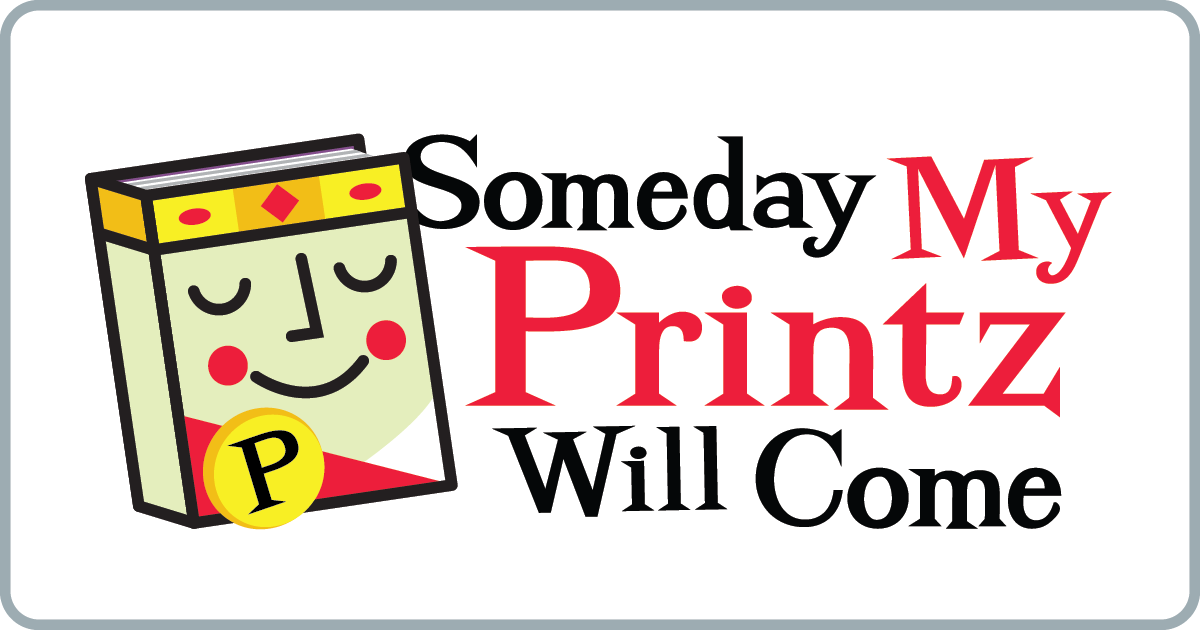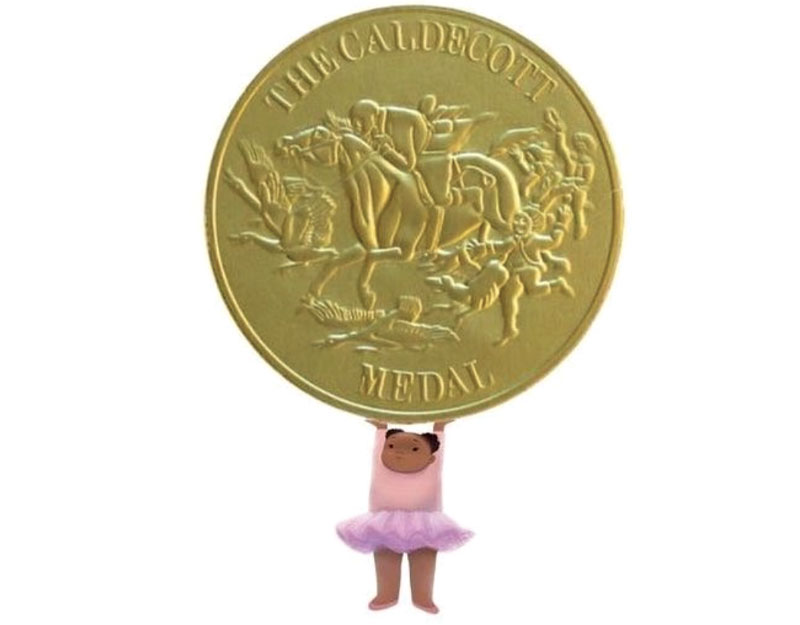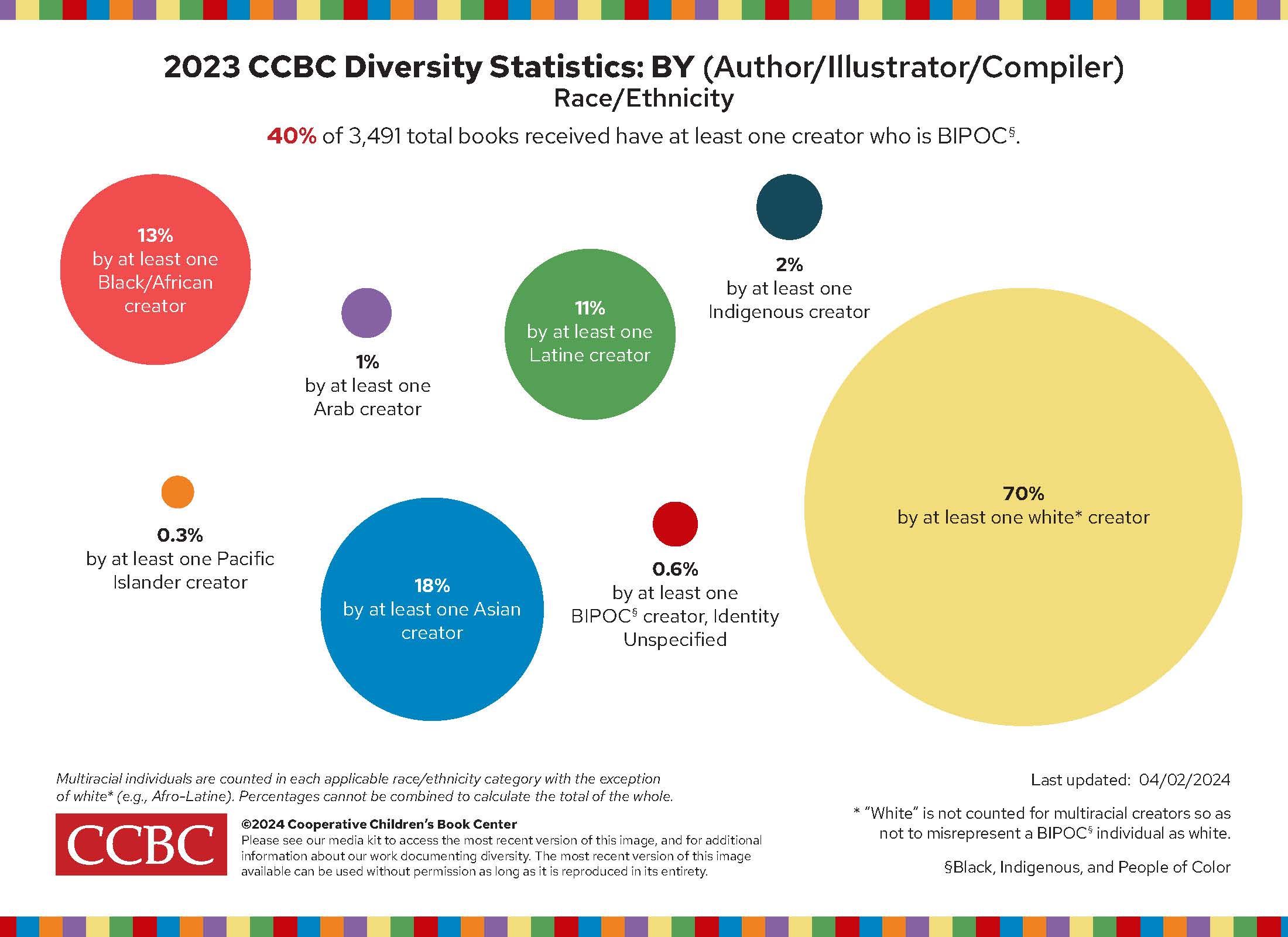SCROLL DOWN TO READ THE POST
The Dream Thieves
We put out a call asking for interested parties to take a shot at making the case for their top book of the year, and today, occasional guest poster Clair Segal is back to do just that. Or sort of that, because she’s taken on a challenge: talking about a second book in a series.
Clair is the library technology librarian at a New York City independent school. You can read more of her thoughts on Twitter, at her own blog, or on the AISL blog.
ADVERTISEMENT
ADVERTISEMENT
 The Dream Thieves, Maggie Stiefvater
The Dream Thieves, Maggie Stiefvater
Scholastic, September 2013
Reviewed from ARC
See, the thing no one told me about going to your first Annual is that it makes you act crazy.
Totally crazy. Librarian!crazy. (Which is frankly the best kind of crazy because all things in life are better when prefaced with “Librarian!”)
But crazy is crazy, and I acted the book-obsessed-fool in Chicago. I stumbled over my tongue telling Holly Black how “amazering” Coldest Girl was. I tried to show Emily Danforth that I was awesome and hip, and great best-friend material. I waited in an insanely long line to profess to an indifferent Tamora Pierce that she had changed my life forever at the tender age of nine. (“Hmm,” my childhood idol offered, nodding politely and sliding over a signed book as her handler motioned me on.)
Maggie Stiefvater’s The Dream Thieves made me beg a stranger for pity.
Standing at the Scholastic booth making hopeful eyes at the lady in the red smock, I pulled my Truly Politely Pathetic voice out from wherever it goes when I’m pretending to be a grown-up, hands pressed together in a mad, desperate prayer to Librarian!Santa.*
“If there’s any chance you have an ARC left…? It’s the one thing I really want this year, really, truly. But I totally understand if you don’t have it, and I’m so sorry to bother you, and please please please oh help me please.”
(The powers of the Truly Politely Pathetic voice are strong, and must be used only for good.)
Clutching “the last copy” tightly to my chest with both hands, I carried The Dream Thieves through the McCormick Center like a rare antidote, destined to save a small village from an epidemic, or a dossier needed to bring down a corrupt politician.** Every librarian I encountered whose eyes strayed to the white-knuckled grip I had on my prize was competition– a potential battle. A thief who who might steal My Precious away.
And dear reader, I wouldn’t put it past them. Because The Dream Thieves is worth stealing. It’s worth throwing elbows. It’s worth a knock-down, drag-out, viral-video, Jon-Stewart-mocked librarian free-for-all in the McCormick Center, and I would have lead the brawl.
This book is calling-my-parents-for-bail-money good. And any book that good, deserves a Printz Award.
So. Let’s talk about why it’s not going to win one. [Thar be spoilers ahead.]
Maggie Stiefvater’s The Raven Cycle will eventually stretch to (at least) four books. While the first in the series, The Raven Boys, follows the whole crew (with a focus on Blue and Gansey), The Dream Thieves is all about Ronan. Shark-like Ronan. Dagger-pointed and blunt-tongued Ronan. In the prologue we get one of the most poignant yet simple descriptions of his character, without him even doing anything:
“And you, Ronan,” Niall said. He always said Ronan differently from other words. As if he had meant to say another word entirely– something like knife or poison or revenge– and then swapped it out for Ronan’s name at the last moment.
Ronan is all hard-angles and unwelcoming scowls, from his rough shaven head, to his defiantly knotted tie and blazer. He’s the angry, bitter, biting teen of the group– the one that makes everyone go “why am I friends with him again?”
The Raven Boys ends on Ronan’s astonishing confession that Chainsaw, his pet raven, is a creature from his dreams; something stolen from the ether. It’s a moment that left students and librarians alike going: “WHAT? WAIT, WHAT? I HAVE TO WAIT A WHOLE YEAR TO FIND OUT WHAT HAPPENS NEXT? ARE YOU– WHAT? CAPS LOCK CAPS LOCK EXCLAMATION POINT!”
That confession drives The Dream Thieves from the very beginning– the idea that things can be taken from your sleeping mind and pulled into a world where they don’t belong. It’s a theme that runs through both novels– belonging somewhere else. From Adam, who feels out of place and judged for eating with a silver spoon he wasn’t born holding; to Gansey, who fits seamlessly into his world of privilege but feels the echoing hollowness of his future (parties, politics, and petit fours) pressing in from all sides; to the Grey Man, who doesn’t want to be an assassin but knows he’s too broken to be anything else.
It’s a theme that resonates because it’s universal and timeless; this is not my beautiful house, this is not my beautiful wife — well, how did I get here? Everyone has felt that shaky disconnect with reality — that heavy lump of angst swollen with the sense that you’re living life in the wrong skin, the wrong time, the wrong place — and, worst of all, that you’re alone in feeling this way.
Stiefvater lets that feeling play by piecing her characters together slowly and naturally. It’s a true “ensemble cast” book; in a story that could feel easily overcrowded with personalities, you never lose track of who’s who, just as you don’t forget which of your friends is which. These characters have problems that they’re aware of — imperfections and struggles and skills. They’re not written to be flawless idols for readers to look up to or archetypes to embody. They’re likeable because they’re real.
But that realness comes at a price, and in this case it’s The Series Issue.
Ahh, The Series Issue.*** How I loathe you and your logic. If the point of a Printz Award is to mark an amazing achievement in young adult literature — a moment where an author brushes something larger, and universal, and meaningfu l– then Stiefvater just dropped the mic and walked off stage. I’ve read books with multiple award stickers on the cover that weren’t half as memorable, moving, or true as the first fifty pages of The Dream Thieves.
But to get to The Dream Thieves, you have to go through The Raven Boys first. And at 416 pages, that’s no small investment. Ensemble casts take a lot of time to establish, and the characterization that feels so wonderfully naturally is made possible because Stiefvater has a total of 832 pages to do it in. We don’t need The Dream Thieves to explain Blue’s relationship issues or Adam’s past, because it’s been covered in The Raven Boys. Covering that backstory could have been done in one book, but it wouldn’t have been nearly as organic or enjoyable.
Which brings us to our second problem: The Soundbyte Issue.
Pop quiz, Hotshot: try summarizing The Raven Boys in ten seconds or less in a way that would make your teens not only pick it up, but push through it to get to The Dream Thieves (another 416 pages), and isn’t just you going “OMG THIS IS THE BEST BOOK EVAR!!111!”
No, seriously. Go ahead. I’ll wait.
…see?
“Well, there’s this psychic girl but she’s not actually a psychic, and then there are all these prep school boys but they don’t spend a lot of time in school, and there are ghosts but not in a scary way, and there’s this missing knight buried under the town but…”
Mmmhmm. That. How the heck do you explain to people what this book is about when what the book’s about it kind of not really the point? The hunt for Glendower is the plot device that is used to bring the characters together, but the drive that makes The Raven Cycle interesting is the quiet character interaction. How these people act and think and behave doing everything from sitting in their cars to hanging out at home to going to dinner parties. It’s hard to hook a student (or a grown-up) on a book where your major argument is “I can’t even express to you how wonderful this is, never mind what it’s about.”
ADVERTISEMENT
ADVERTISEMENT
This is a prediction blog, and so I feel obligated to throw my own hat into the ring to earmark future “Nailed it!” bragging rights. The Dream Thieves will never win a Printz, but the fact that it’s better than whatever will win is wonderful. Wonderful! It’s tangible proof that we are no longer in the age of YA lit that saw artificially enforced page limits, crappy covers, and one-shot titles. Series — involved, intense, brilliant series — are here to stay. There are only so many years that we can bemoan an amazing title losing out because of its series status before someone goes “Hey. Series are good. We should recognize that.”
So here’s my prediction: The Dream Thieves will not win the Printz. But in the next ten years, YALSA is going to have to create a brand new award — one recognizing the excellence of series titles and the place they’re taking in our libraries and our hearts. And maybe we’ll be fortunate enough that it’ll be in the next two; just in time to catch the final two books of The Raven Cycle.
Because that award? It’ll sweep. (Hopefully without involving local authorities/hair pulling.)
*Yes Virginia, there is a Librarian!Santa. He doesn’t see you when you’re sleeping because that would be a gross invasion of patron privacy, but he judges you for your overdues. Quietly.
**Annual is much more fun if you imagine scenarios like this and act/internally-LARP accordingly. Adulthood is just childhood with an unlimited Hall Pass and no curfew. Enjoy it.
***Anyone want to start a librarian-themed band with me and call it The Series Issue? The songs practically write themselves: “De-ewy Fall in Love?” “Weed Me” “It’s Oh So Quiet”
Filed under: Best Books, Fiction, Guest Posts
About Someday
ADVERTISEMENT
SLJ Blog Network
The Moral Dilemma of THE MONSTER AT THE END OF THIS BOOK
Cover Reveal and Q&A: The One and Only Googoosh with Azadeh Westergaard
Winnie-The-Pooh | Review
Finding My Own Team Canteen, a cover reveal and guest post by Amalie Jahn
The Classroom Bookshelf is Moving
ADVERTISEMENT
ADVERTISEMENT







